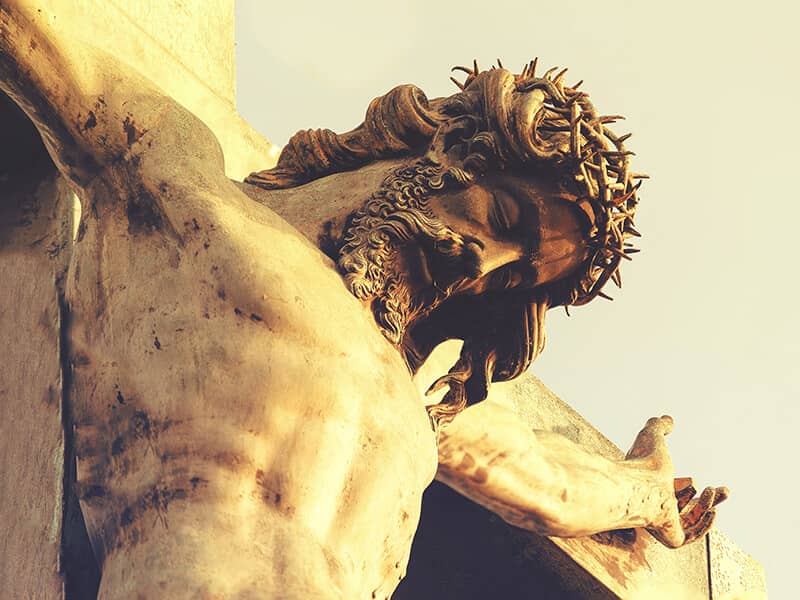In this column, Ben Witherington answers questions about the Bible and:
Jesus' healings
The canon
Judgment Day
Charity
Hell
Q: When Jesus healed people, why did He in one case forbid the healed person to talk about it, while in another case He would send the healed man away to go and tell everybody, even though he asked Jesus to let him stay? --grus_monacha
You are thinking of the healing stories in Mark 1-7, in which different social settings are involved. In particular, the healing of the Geresene demoniac (Mark 5) takes place in gentile country where there were no expectations about the Jewish messiah. The healings in which Jesus silenced someone took place on Jewish soil, where there were many different expectations about the Jewish messiah. In the gentile setting, Jesus was happy for the man to go and spread the news of his healing abroad. In Jewish territory, Jesus was much more careful, not wishing to be pigeonholed by other people's expectations--especially expectations involving a political ruler like King David.
Q: Who chose which scriptures would become the Bible, and what was removed from the literal translation?--EKD
You are confusing two issues: the issue of translation and the issue of choosing scriptures. There was no original literal translation of the New Testament from which somebody or some group of people deleted certain portions or books. The canon of the NT was basically settled in the fourth and fifth centuries, when it was decided that these 27 books and no others should be included in the canon. Before that time, there was no canon.
Q: Recently you stated that "a believer immediately goes to heaven when he or she dies." If this is true, what is meant by "all the dead shall rise" at the time of the second coming? Further, is Judgment Day a singular time when everyone is judged, or do we stand at judgment at the time of death? --John Wood
Life in heaven without a body is an interim situation until the resurrection of the dead and the final judgment. Once the believers are raised (see 1 Corinthians 15), they will go forward to a more permanent form of eternal life involving a permanent body like Jesus' resurrection body. Everlasting life in that body takes place on earth, not in heaven (see Revelation 21-22).
Q: My granddaughter says that the Bible says you should not be involved with churches of other denominations in giving charity. She is Baptist and we are Roman Catholic. We see that she gets to church, but we go to ours. I know nothing about this faith and am happy with my own. I read in Mark 12:28-34 that we should love our neighbors as ourselves, and that means to feed the hungry, clothe the naked, etc. Please help me. --Jann
Your granddaughter is wrong. Jesus said, "those who are not against us are for us." He also cautioned his apostles against prohibiting those not among the Twelve from healing in Jesus' name. Paul in his letters urges very diverse churches (those in Corinth, Galatia, Philippi, and elsewhere) to all give aid together to the Jerusalem church during its time of famine (see 2 Corinthians 8-9).
Q: I've read and heard that hell is painful and hot, like an eternal fire. If our physical body is dead, though, how is that a punishment? You can't feel anything. --Charmonda
This is an excellent question. What is being referred to is the torment of the person or personality that is in hell, not the actual physical suffering of a body in hell. Mental, spiritual, and emotional pain can often be more severe than physical pain.

